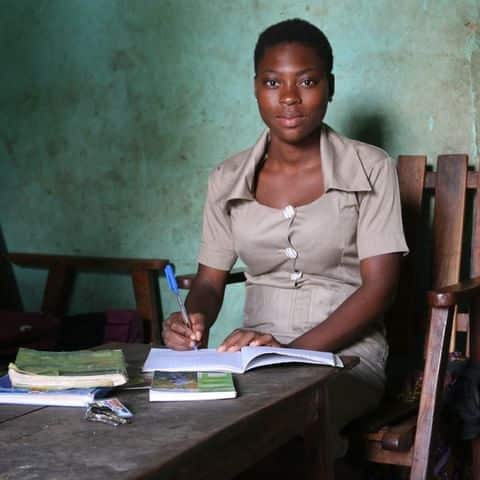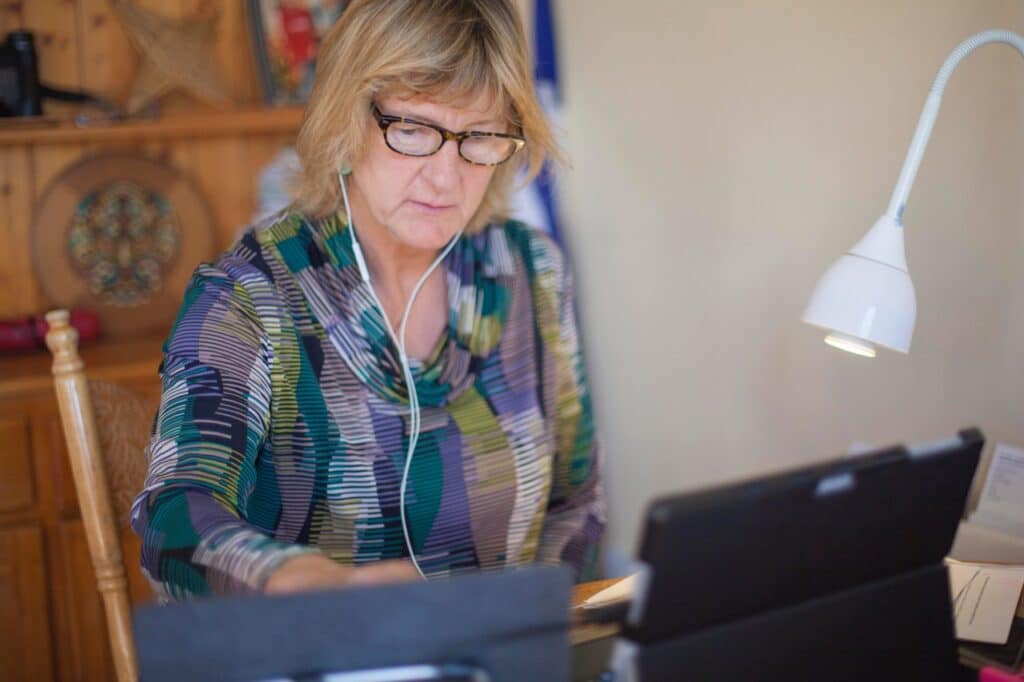
The impact of the COVID-19 pandemic will have devastating secondary impacts for girls worldwide, according to a new report released by the charity for children’s rights and girls’ equality, Plan International Ireland.
The Living Under Lockdown: Girls and COVID-19report is a review of evidence into how emergencies and humanitarian crises affect girls differently both immediately and in the longer term.
Researchers analysed previous crises, including the Ebola epidemic, hunger and conflict in South Sudan and the Lake Chad Basin, the Rohingya refugee crisis and the refugee camps in Beirut, Lebanon.
They found girls living in a COVID-19 world are more at risk of being pulled out of school permanently, permanent unemployment, abuse and violence, food shortages and extreme poverty, increased pregnancy and child marriage and a greater chance of becoming infected with COVID-19, due to traditional care-giving gender roles.
Specific risks to girls include:
• Failing to return to school: with 743 million girls currently forced out of school, parental pressure to help at home or earn an income means many adolescent girls may be unable to return to school.
• Gender-based violence: there has been an alarming increase in reports of gender-based violence worldwide. In China at the height of the quarantine, there was a threefold increase in calls to women’s shelters regarding violence at home and Aoibhneas women’s refuge in north county Dublin recorded a 51 per cent increase in calls to its helpline in March.
• Sexual assault, pregnancy and child marriage lack of access to psychosocial and protection support, loss of livelihoods and income and diversion of funds from sexual and reproductive health services could have catastrophic long-term consequences for an entire generation of girls.
Anne-Marie McCarthy, the Cork woman who is head of Plan International’s Lake Chad programme – one of the most severe humanitarian emergencies in the world across Chad, Nigeria, Niger and Cameroon – said these alarming ripple effects threaten to undo decades of gains in girls’ rights.
“Of course we are extremely worried about the immediate health impact of COVID-19. But we know from our experience in emergencies, that there will be a secondary, longer-lasting and potentially more devastating fallout as a result of lock-downs that have been necessary to slow the spread,” Ms McCarthy said.
“Many governments have quite rightly responded quickly to the spread of COVID-19, with containment measures and lockdowns now affecting at least half the world’s population. But the consequences of these measures will fundamentally affect the world in which girls grow up.
“The economic, social and psychological impact on those already vulnerable will be huge. Many may never recover. Without a concerted effort from us all, chief among these will be girls.
“We’ve been speaking to girls living under lockdown in Lake Chad and they have told us that education is a major protective mechanism in their lives which offers a safe space to develop networks outside of the family and is a source of resilience. Once girls drop out of school it is generally very difficult to return,” Ms McCarthy added.
The report found that in the Lake Chad Basin, over a fifth of girls surveyed said that they had experienced hitting or beating in the last month, with 60 per cent of these incidents occurring within the household.
Plan International is responding to COVID-19 in at least 50 countries, with a focus on protecting and supporting girls and advocating for girls to be included in immediate and long-term responses to the virus.
Ms McCarthy said: “Our best chance to overcome this pandemic and save as many lives as possible is by acting in global solidarity. The Irish public are responding to this crisis and have been generously supporting our life-saving emergency response. We’re also very thankful to Irish Aid for providing emergency funding that will no doubt save thousands of lives.”
“We need governments and authorities to ensure families are protected from hunger with cash assistance to vulnerable households, while helplines and refuges must be provided to help protect girls and women from gender-based violence.
“Authorities must work with teachers and mobile phone companies to make distance education affordable and accessible to all. Governments must also ensure girls and young women continue to have access to sexual and reproductive health information and services.
“We want girls to know that we are listening to them. We will ensure their voices are heard and lobby for governments to ensure they take a gendered response to this pandemic,” Ms McCarthy added.
Donate to Plan International’s COVID-19 appeal and find out more about their response here.


